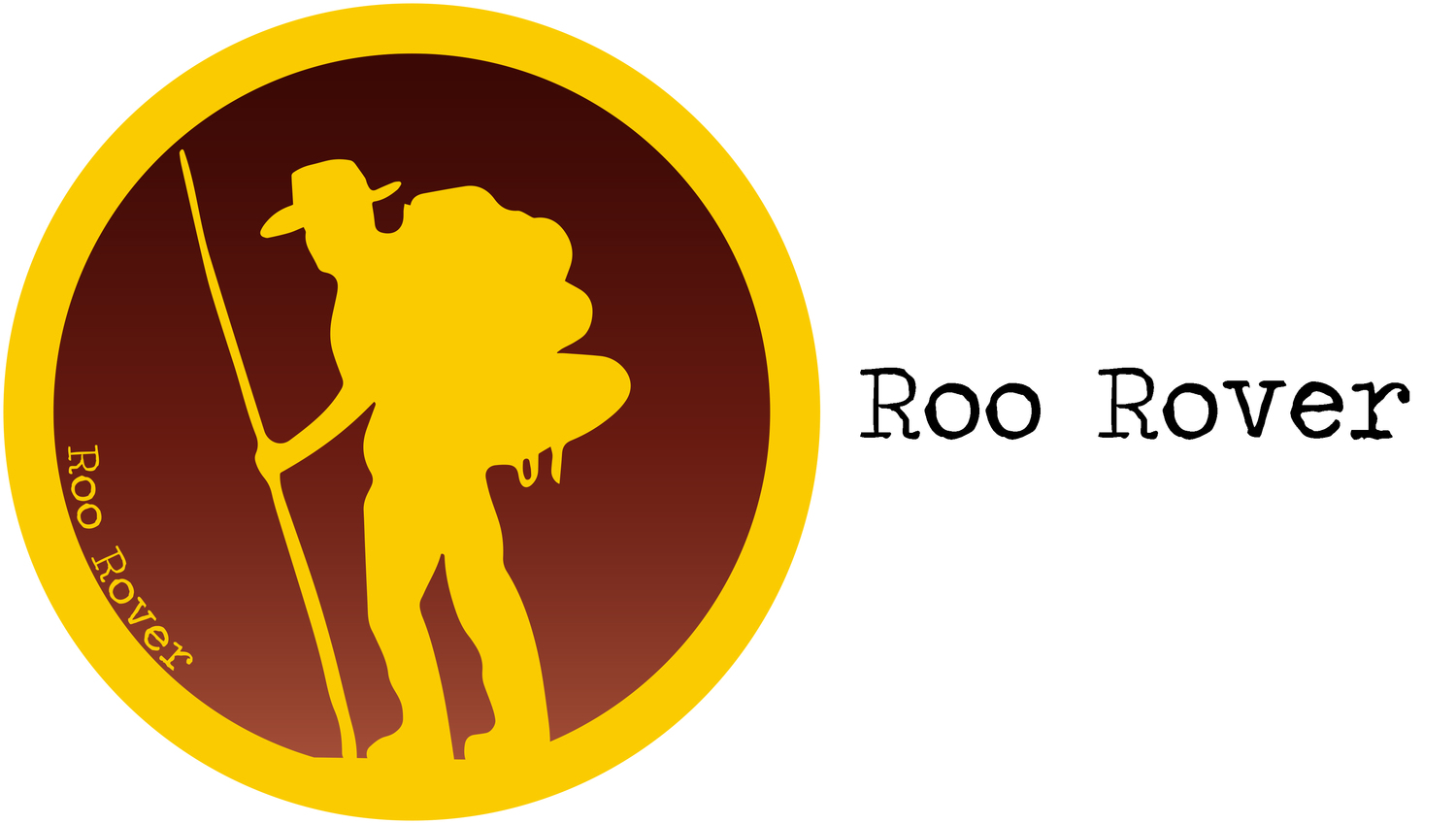Why and how to add Travel on your CV
“All travel has its advantages. If the passenger visits better countries, he may learn to improve his own. And if fortune carries him to worse, he may learn to enjoy it.”
I decided to start with this quote because the first sentence “All travel has its advantages“ basically sums up the mood of this article and in this article I want to discuss about the skills you gain from traveling in terms of “employability“. If your travelling was mainly partying and drinking there isn’t much I can help you with. Though, if you traveled with a purpose and believe that your travel experiences will be valuable in your future career but you don’t know how to include them in your resume this is an article that might worth your time.
Why do we travel though?
We are naturally curious. Since we are children we are trying to unravel the small secrets of our room, then the house, the neighbourhood, our city and when we reach adulthood our very own planet. We have the instinct of discovering. There was a point in your 20's where you wanted to leave everything behind to travel and follow the very same instinct that we share with billions of people. The only thing that withholds us is the pressure of the society to settle down and a gap year could be disastrous for a upcoming career.
Leaving for a gap year isn’t an easy decision and definitely not an easy accomplishment let alone decision. It requires a set of skills which if you don’t have, you develop through time. It requires lengthy planning and determination to save for the trip. A trip like this requires:
- Planning: All this research that you have to do in order to arrange the trip. Find the ideal destinations, accommodation, plan and book the ideal routes etc.
Communication: Travelling to foreign countries requires basic local language knowledge and/or having to try to use words in English to focus on the main part while eliminating all unnecessary parts.
- Adaptability: No trip is perfect. Delays, cancellations, mechanical mishaps and many more will be a routine on your trip. How do you cope with it? Did you had to make any on spot decisions?
- Cultural acceptance: On the road we have constant encounters with local and international travelers from around the world. How did the different cultures and customs affect you? Did it made you more tolerant? Accepting other people’s cultures?
Leaving all behind once in your life instead of filling your resume with impressive work titles doesn't have to make sense to every potential employer. It has to make sense to those you really care for. Your interest in this article proves that you are ready to go forward into a new chapter that many would not even attempt.
An employer will inadvertenly be interested in your travelling experience as it will benefit both the enterprise and the surrounding employees
Strategic, editorial, organisational, leadership, multitasking, flexibility and many more skills which take years of working experience to develop them and this is why they are valuable and worth mentioning in your resume which sums up yourself, your accomplishments and your expertise.
Choose wisely were your hard earned experience is shared with . Your career is totally priceless
We tend to settle in life and become creatures of habit . Settle for jobs which brings simply a pay check home. This is because we are more focused on how we don't want our life to be rather than how we want it to be.
It is best to master CHANGE as it brings the best opportunities in life .
But how exactly do we add traveling on our resume?
There is no magic recipe on how can you add travelling on your resume. Every resume is different. In my case, I added the travel blogging as work experience at 2015 and after, since it is my main work after quitting my job. There I mention all my everyday responsibilities and skills gained.
Wording plays an important role. Here are some examples:
- Adventure Travel
- Personal Travel
- Full-Time Study & Travel
In Skill Based CVs you have the opportunity to include implementations of your skills. For instance you want to talk about your communication skills, you may decide to talk about:
‘’ During my travel in Southeast Asia, I volunteered teaching English in a school. The children never had encountered a native English speaker and that required me to learn how to rephrase, clarify and focus every individual student. Lack of textbooks made me think out of the box and come up with efficient teaching techniques so that the students focus more on practice rather than long theory writing’’.
This kind of personal touches show a personality that isn't reluctant of taking risks. Great social skills and out of the box thinking as well as flexibility of decision making if classic methods don't apply. It’s important to have such anecdotes to support your skill list. Mainly because you have no-one to confirm any of these (except if you volunteered). So my advice is, if you can’t explain it, better keep it off.
I understand that these methods are different from the traditional CV structure.. Travel experience is a great way to differentiate yourself and your CV from the mass. This is why I mentioned earlier to put them in your cover letter. It is a space which allows you to explain the story more extensively.
Don’t be afraid if your resume looks different than the others. You stand out from the rest and the chances are people will take a second look.
